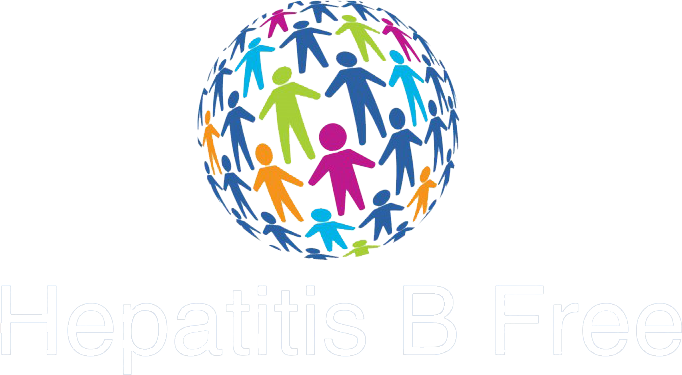Back in PNG: July 2017 - Part 1
This year marks the fifth year that Hepatitis B Free has been working in the Oro Province of Papua New Guinea (PNG). From the 23rd to 29th of July 2017, a team of six volunteers including doctors, nurses and a medical student, returned to the region to run clinics for vaccination and community health needs. Now, Hepatitis B Free is looking beyond just vaccination, aiming towards treating people already living with the deadly hepatitis B infection.
Carrie Lee reports.
“Hello, I’m Dr Alice. This is Dr David and young doctor Carrie. How can we help you today?”
The man sat on a plastic chair facing the doctors and medical student. His legs were swollen at the ankles, and he had been experiencing abdominal pain. He lifted his worn shirt, revealing a distended belly.
We continued to take the man’s history and listened to his breathing. Dr David set up the ultrasound machine on a wooden bench. Our “consulting rooms” consisted of a patch of grass, shaded by a yellow tarpaulin hanging low from atop wooden sticks driven into the ground. Without much breeze flowing through, the area under the tarp became more muggy as the day went on.
The local head nurse, Olive, arranged for the man to have a simple finger-prick test. We discovered that the man was positive for hepatitis B.
Immunisation and health outreach clinics
Five years ago, a team of doctors and nurses from Sydney, Australia landed in the Oro Province and trekked between remote villages to vaccinate a community of over 1000 people for hepatitis B.
Since 2013, a medical team has returned each year to run immunisation and community health clinics. We now work alongside local health staff from New Britain Palm Oil (NBPOL). NBPOL run health posts that provide free health care to their 25,000 employees and families as well as non-employee community members. Some of their health posts are very remote and have scarce resources.
Fast forward to 2017. Each morning we pack medical equipment into four wheel drives and travel to villages that can only be reached by dirt road. Some are so remote that locals need to travel fare to access health services. However, as we discover, not everyone can afford the bus fare to get to town. Those who can’t get healthcare, go without. We met patients with chronic pain who had been out of medication for weeks.
After we met with the community leaders, we set up clinic for the day’s work. We used whatever space was available – a patch of grass, a bamboo windhouse, an empty classroom. Patients lined up outside and were registered to be vaccinated, to see the doctor, or to see the eye nurse.
Whilst there isn’t a direct link between hepatitis B and eye disease, we have found year after year in the health clinics that many people suffer from vision problems. Many men and women have told us about how their vision has deteriorated with age. Cataracts are common, as are other eye conditions such as pterygiums (tissue growths on the cornea of the eye). The harsh glare of the sun in PNG and the lack of sunglasses available to most people probably contributes to this issue.
In 2016, an optometrist on the team donated eye measurement equipment to the local eye nurse, Leah, which she continues to use. We also arrange for glasses to be given to those who need it.
We also donated birthing kits and menstrual packs. The menstrual hygiene kits were made and donated by Days For Girls.
Training
On our last day in Popondetta, we divided our time between the clinic at Siroga, and teaching sessions for health workers. The presentation topics ranged from hepatitis and gastroenteritis, to vomiting and malnutrition. Nurses and community health officers from the NBPOL posts and the Popondetta General Hospital were amongst those in attendance. Some health workers had travelled from as far as Mamba, an estate near the beginning of the Kokoda track, a four hour drive away. Each presentation was followed by questions and engaging discussion amongst the health workers about their own experiences with similar patient cases.
